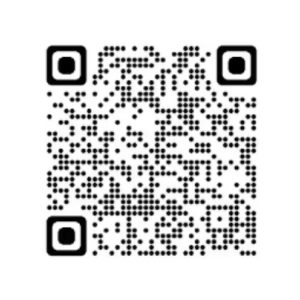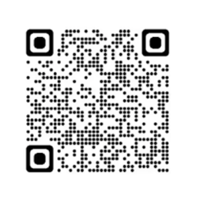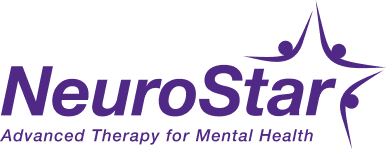Traditional prescriptions not delivering relief for your mental health concerns?
Experience the difference with Transcranial Magnetic Stimulation in Massachusetts.
Discover non-invasive Transcranial Magnetic Stimulation.
TMS is an FDA-approved alternative for treating conditions like…



Non-invasive TMS device for mental health
Stimulates brain’s mood-related areas with magnetic fields
FDA-approved and safe
alternative to traditional antidepressants